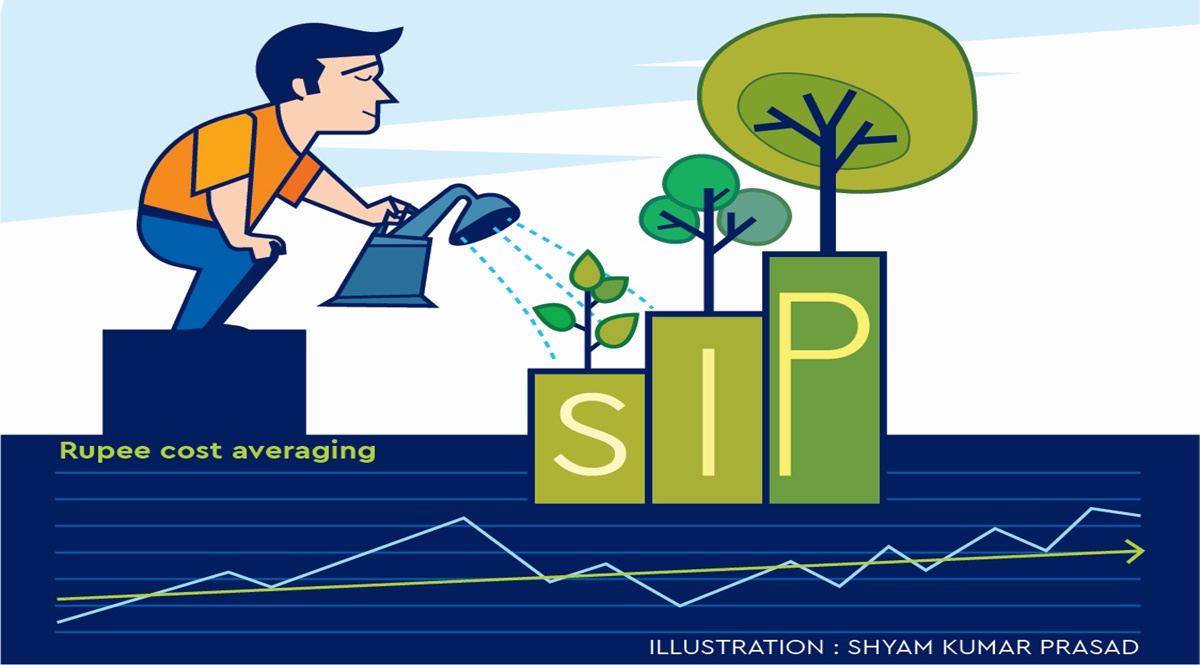WHEN IS THE BEST TIME TO START AN SIP
sip, sip investment, invest in sip, sip mutual fund, systematic investment plan, invest in mutual funds, invest in mutual funds online, mutual fund investment
Today more and more investors are enjoying the benefits of investing in mutual funds through SIP mode of investment. SIP or systematic investment plan is a convenient investment tool that helps investors to invest in the market in a planned manner. However, there is one thing that is still stopping more investors to utilise the benefits of mutual funds through SIP investment. Investors are unsure when is the best time for them to begin investing in mutual funds through SIP mode of investment. If you are confused about the same, don’t worry, we will help you with the same.
What is SIP?
Under SIP investment, an investor invests a fixed sum of money in predetermined mutual fund schemes at regular intervals for a fixed duration. The frequency of the intervals can be anything from daily to monthly to weekly to semi-annually to annually. You can choose to invest in mutual funds through SIP investment with an investment amount as low as Rs 100 per month in mutual funds.
When is the right time to invest in mutual funds through SIP?
One of the benefits enjoyed by SIP investment is that one does not need to time the markets. Timing the markets is an investment concept wherein an investor tries to buy low and sell high. As simple as this investment technique may sound, it is easier said than done. Millions of investors end up incurring high losses while attempting to time the markets. However, with SIP investments, one does not need to time the markets. Why you may wonder. Well, as an investor ends up investing in mutual funds despite the market condition, they end up investing in the markets at all times – during their highs and lows. As a result, they end up acquiring a higher number of mutual fund units when the markets are low than when the markets are soaring high and vice versa. This ultimately helps them to average out the total cost spent on purchasing mutual fund units. This investment concept is popularly recognised as rupee cost averaging among Indian SIP investors. Thanks to rupee cost averaging, the need to time the market gets dissolved with SIP investments. What this essentially means that an investor can invest in the markets through SIP mode of investment at all times. There is no ‘good time’ or ‘bad time’. In fact, the earlier you begin to invest in the markets, the better. This is because the earlier you begin investing in mutual funds, the higher would be your investment horizon, and higher would be the benefits earned from the power of compounding. When it comes to investing in mutual funds through SIP, there is no ‘best’ or ‘right’ time – whenever you are ready to invest in the markets, you should begin with it.
If you wish to understand the future returns of your investments, you might consider using an SIP return calculator that can help you with the same. A mutual fund SIP calculator can also help you to determine the required monthly investment amount to achieve a desired corpus. Happy investing!




